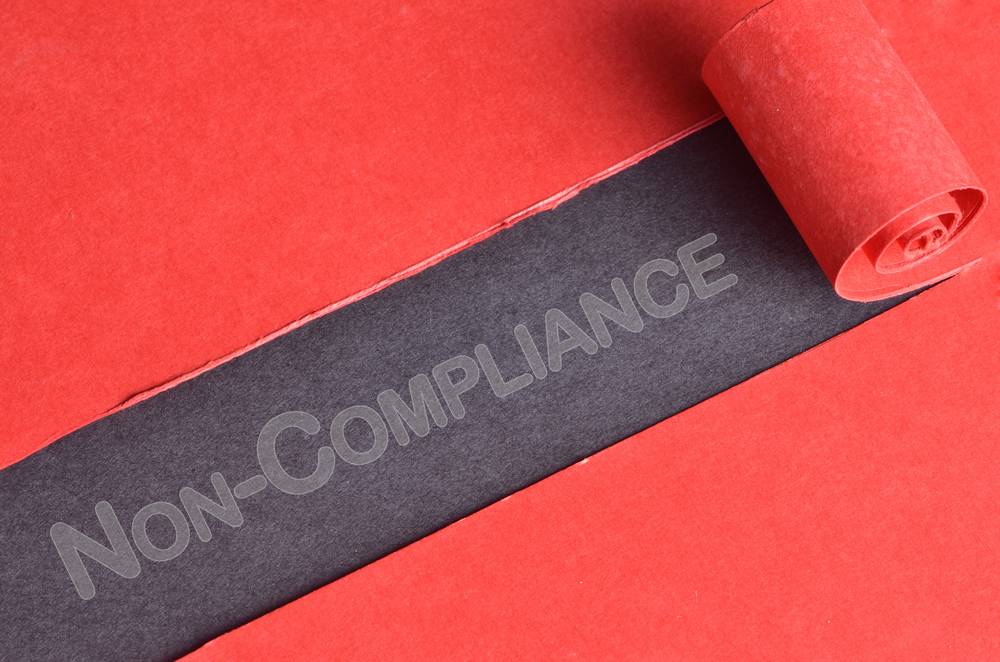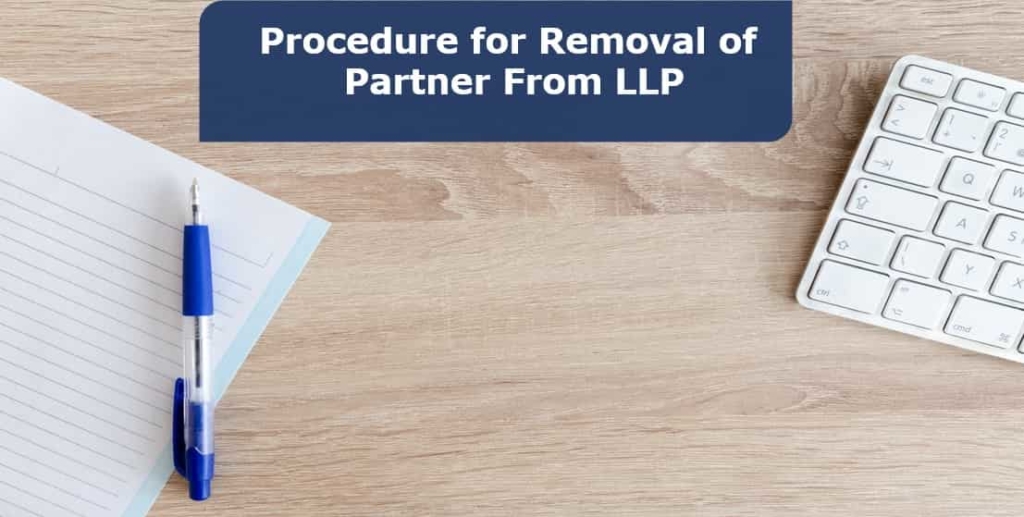When any organization, an individual firm is planning to start its business operations at small or large scale it needs a license to carry on the business activities and that license is termed as Trade License.
It is mandatory for the organization , firm or business entities to have a license for commencement of any type of business .A company or business enterprise should obtain the license within 15 days from the commencement of the business or 03 months prior starting the business.
The state government together with the municipal corporation of the area regulates the licensing process. There are different mechanisms of charging the application fees and some pay annually while others make it as per the annual turnover.
Therefore an applicant shall be at least 18 years of age , should have a clean and right image in the society and free from any type of criminal activities or no case of criminal activities under his name.
- CATEGORIES OF TRADE LICENSE –
A] CATOGORY 1 –
This category includes mostly business of consumable items and eating places
B] CATOGORY 2 –
These categories include licenses to those businesses which are mainly engaged in industries , workshops , flour mills etc.
C] CATEGORY 3 –
For business related to firewood , charcoal etc. the above category is being provided
- DOCUMENTATION REQUIRED FOR TRADE LICENSE –
There are various documentation being required in order to get the license of the trade license which are being highlighted below –
1] The bills of the place where business or operation will be carried
2] Agreement of the rent or lease
3] Receipt of municipal taxes
4] Certificate of the registration of shop as per the act
5] Applicant Id proofs
6] Copy of blueprint of the premises or workplace
7] Pan card details of the applicant
8] If the business is managed by some other person irrespective of the owner therefore provide ID proof , photo , Address detail of the manager
9] Non objection certificate from the fire department
- MINIMUM REQUIREMENTS FOR OBTAINING TRADE LICENSE –
A] AGE CONDITION –
It is mandatory for an individual or applicant applying for the license to be 18 years of age.
B] LEGALITY –
The company or applicant applying for the license should have business activities legal and valid in the eyes of law.
C] CRIMINAL CASE –
The applicant should have no criminal background and carry on a clean image in society.
- TRADE LICENSE RENEWAL –
A trade license is not a one time license only and shall be renewed on time to time basis.
In some states and cities , it is compulsory to pay a certain amount of annual fees in order to renew the trade license.
The renewal is done between 1st January to 31st march of every year.The renewal application should be made at least 30 days before from the expiry time so that it shall be done in time.
In case of delay , there is a late fees fine of 50 % of the total trade license fees incurred.There are certain documents to be submitted with the application for trade license renewal :
1] Copy of the original license
2] Tax payment receipt
3] previous year challans of fees being paid
- DENIAL OF THE TRADE LICENSE APPLICATION –
Sometimes the application applied by the applicant for trade license purpose gets rejected , under such circumstances one can make appeal in the to the standard committee or file a petition to them with the relevant documents together with the copy of letter of denial so that the matter can again be considered for approval of trade license








